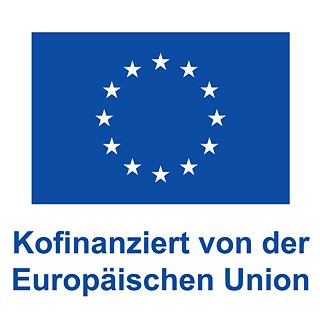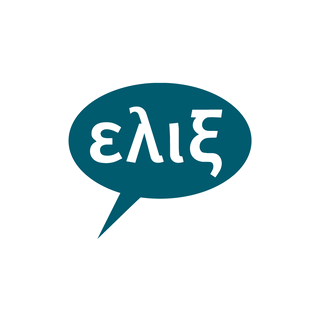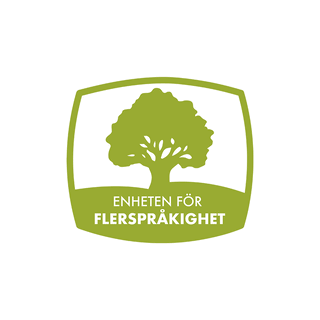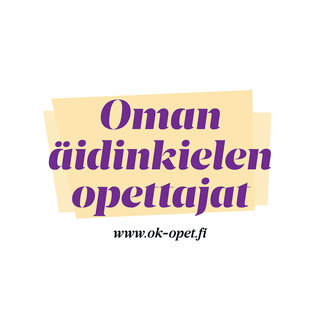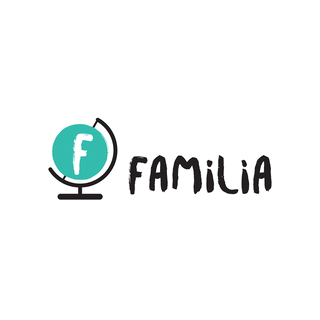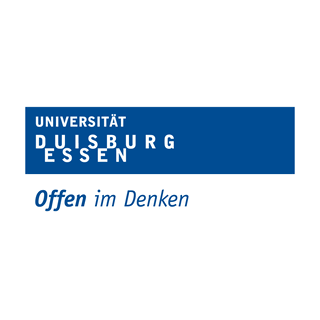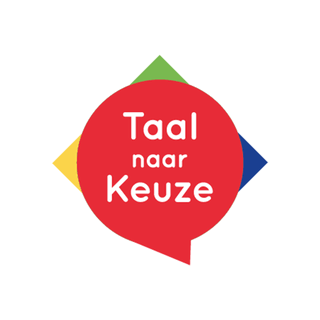Outcome Preview
As the project nears completion, we’re proud to share the key outcomes developed through our collaborative Work Packages. These tools and insights are designed to support educators, inform policy, and strengthen heritage language education across Europe.
Our outcomes will be shared in detail during our YLC Conference in January 2026.
1. Handbook for Educators
A practical guide offering strategies, examples, and pedagogical tools to support heritage language teaching in diverse school contexts. It’s designed to be accessible, adaptable, and rooted in real classroom experience.
2. Teams Platform for Educator Networking
A dedicated Microsoft Teams channel where heritage language teachers can connect, exchange materials, and stay informed. This space fosters peer learning and builds a sustainable community of practice across borders. [Link is coming soon.]
3. Roadmap for Schools and Policymakers
A strategic framework outlining how schools and education systems can integrate heritage languages into their curricula. It includes policy recommendations, implementation steps, and examples of best practice.
4. Evaluation Report: Voices from the Classroom
Based on interviews with teachers across Europe, this report captures the lived experiences, challenges, and successes of heritage language educators. It provides valuable insights for future initiatives and policy development.
A practical guide offering strategies, examples, and pedagogical tools to support heritage language teaching in diverse school contexts. It’s designed to be accessible, adaptable, and rooted in real classroom experience.
2. Teams Platform for Educator Networking
A dedicated Microsoft Teams channel where heritage language teachers can connect, exchange materials, and stay informed. This space fosters peer learning and builds a sustainable community of practice across borders. [Link is coming soon.]
3. Roadmap for Schools and Policymakers
A strategic framework outlining how schools and education systems can integrate heritage languages into their curricula. It includes policy recommendations, implementation steps, and examples of best practice.
4. Evaluation Report: Voices from the Classroom
Based on interviews with teachers across Europe, this report captures the lived experiences, challenges, and successes of heritage language educators. It provides valuable insights for future initiatives and policy development.

Our project aims to contribute to students’ overall academic achievement and foster a sense of belonging through knowledge – and, therefore, pride – in their languages.
The term "heritage language" (or “home language”) refers to languages spoken at home, reflecting individual histories, traditions, and cultural identities. This includes students with a refugee or migrant background, heritage language speakers, second- or third-generation heritage language speakers, and any student with a diverse heritage language background.
Our vision includes the development, testing, and implementation of a Heritage Language Education model, launching in six schools and focusing on the lower secondary years (students aged 12–16) in Finland, the Netherlands, and Sweden. The targeted languages include Arabic, Farsi, Russian, Somali, Turkish, Ukrainian, or any other language spoken by students at home.
Anticipated outcomes include the establishment of a shared platform for HL teachers to exchange experiences and materials, an HLT implementation handbook, and a roadmap for the effective integration of heritage language teaching in schools.
Through this approach, we aim to create a supportive and inclusive educational environment for all multilingual students, promoting linguistic diversity and cultural understanding.
The project is designed for school leaders, heritage language educators, education policymakers, and families from diverse backgrounds to ultimately empower students in their multilingual identity.
Join us on this transformative journey toward a more inclusive European education landscape!
Pilot Description
The pilot project aims to test practices in heritage language teaching and discussing the results. It centres on cooperation with 18 teachers who teach the heritage languages (HL) Arabic, Farsi, Russian, Somali, Turkish or Ukrainian at pilot schools in Sweden, Finland and the Netherlands during the school year of September 2024 to May 2025.
Following an intensive exchange of knowledge and experience, the partners involved in the project developed a pilot model for testing heritage language teaching practices that address the existing challenges and tests solutions at six selected schools in Sweden, Finland and the Netherlands.
Under the leadership of our partner Enheten för Flerspråkighet, they will spend a school year (September 2024-May 2025) exchanging ideas on the topics of materials, school organisation and family outreach and developing practical examples in peer groups. They will be supported by our experienced partners and receive professional training in workshops. The teachers document the exchange and results on an interactive platform, which will be further developed after the pilot phase and opened to other HL teachers in Europe.
The professional monitoring and evaluation of the pilot project will result in the development of a handbook with practical recommendations for the implementation of heritage language teaching in the national school systems.
Contact:
Simeon Oxley /EFF: simeon.oxley@uppsala.se
Following an intensive exchange of knowledge and experience, the partners involved in the project developed a pilot model for testing heritage language teaching practices that address the existing challenges and tests solutions at six selected schools in Sweden, Finland and the Netherlands.
Under the leadership of our partner Enheten för Flerspråkighet, they will spend a school year (September 2024-May 2025) exchanging ideas on the topics of materials, school organisation and family outreach and developing practical examples in peer groups. They will be supported by our experienced partners and receive professional training in workshops. The teachers document the exchange and results on an interactive platform, which will be further developed after the pilot phase and opened to other HL teachers in Europe.
The professional monitoring and evaluation of the pilot project will result in the development of a handbook with practical recommendations for the implementation of heritage language teaching in the national school systems.
Contact:
Simeon Oxley /EFF: simeon.oxley@uppsala.se
Your language counts is co-funded by the European Union
